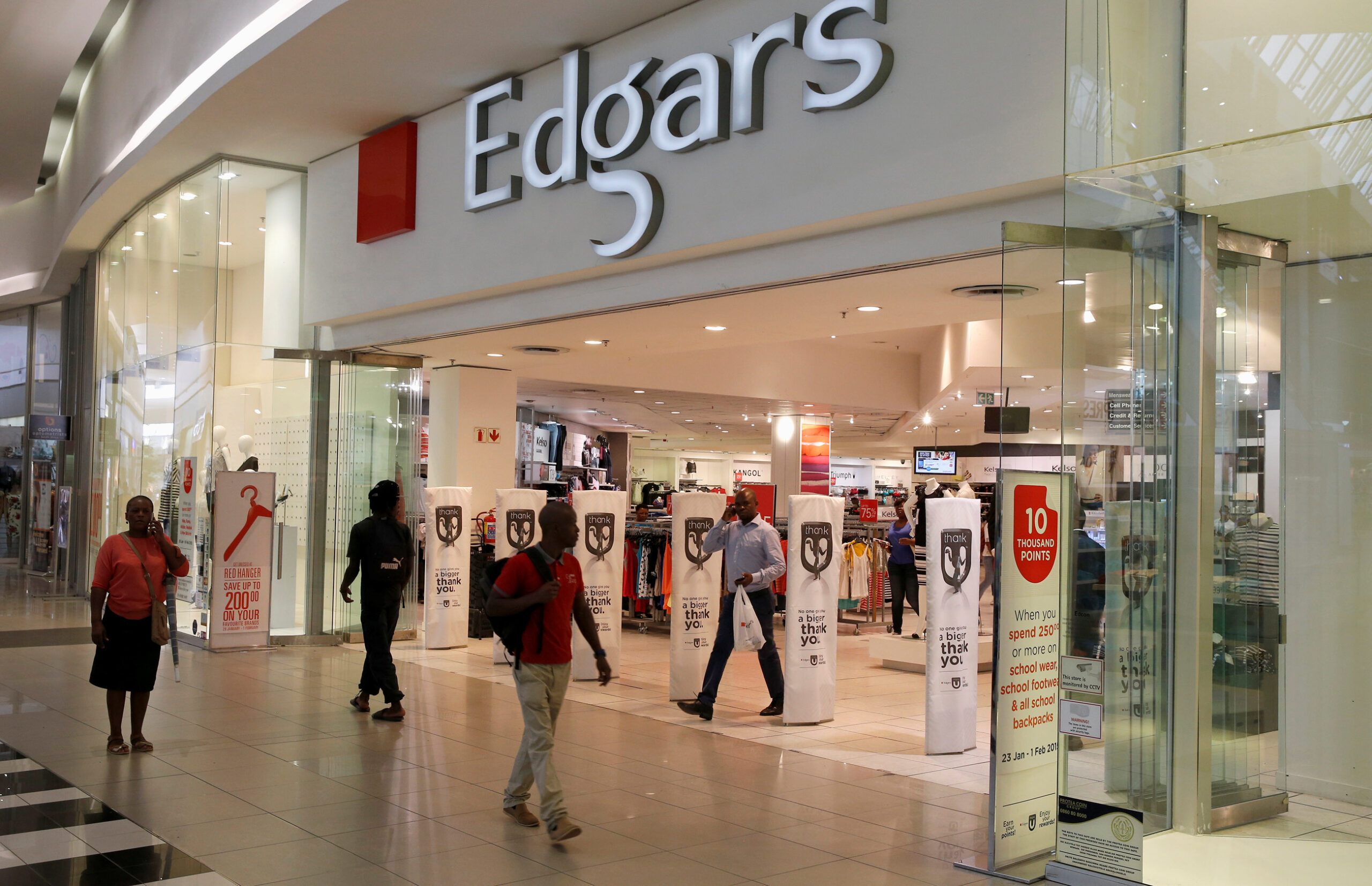Edgars to open new stores in strategic locations
EDGARS Stores Limited seeks to expand its geographic footprint through the opening of new stores in strategic locations to continue catering for everyone across the country.
The group is organised into two strategic business units — manufacturing and retailing and has recently introduced financial services by offering loans to its clients.
This expansion is expected to provide employment opportunities to locals and cater to the growing demand for quality clothing and footwear.
To further cater to the low-end market, the company has introduced an “Express Chain” unit that offers less expensive products. In a bid to position itself for expansion, Edgars shifted its headquarters from Bulawayo to Harare.
In a note to shareholders, Edgars board chairperson, Mr Thembinkosi Sibanda, said they will continue to remodel the business to capitalise on opportunities that arise in the operating environment.
“The group seeks to expand its geographic footprint through the opening of new stores in strategic locations. In fulfilment of our strategic thrust, we opened a new store at Ascot Shopping Centre in Bulawayo in March this year,” said Mr Sibanda.
He added that they want to continue with smart merchandise procurement and optimal inventory to ensure that targeted margins are achieved without compromising the merchandise quality.
“Our management aims to continue improving customer experiences through updating our stores to world-class standards and offering broader merchandise ranges at affordable prices and flexible credit terms.”
Mr Sibanda also indicated that they will focus on retooling Carousel to underpin increased production and improve operational efficiencies to better support the retail chains.
“Cost containment efforts will be an area of key focus to underpin the long-term viability of the business,” he said.
Edgars is one of the companies that make Bulawayo’s economy tick with official statistics suggesting the city’s Gross Domestic Product reached US$328 million in 2022.
This was largely driven by the wholesale, retail sector and motor vehicle repair industry, which contributed a combined 32,2 percent. —chroncile










